International teachers adapt to different attitudes in the classroom
‘Where I’m from, eating in class would be considered disrespectful’
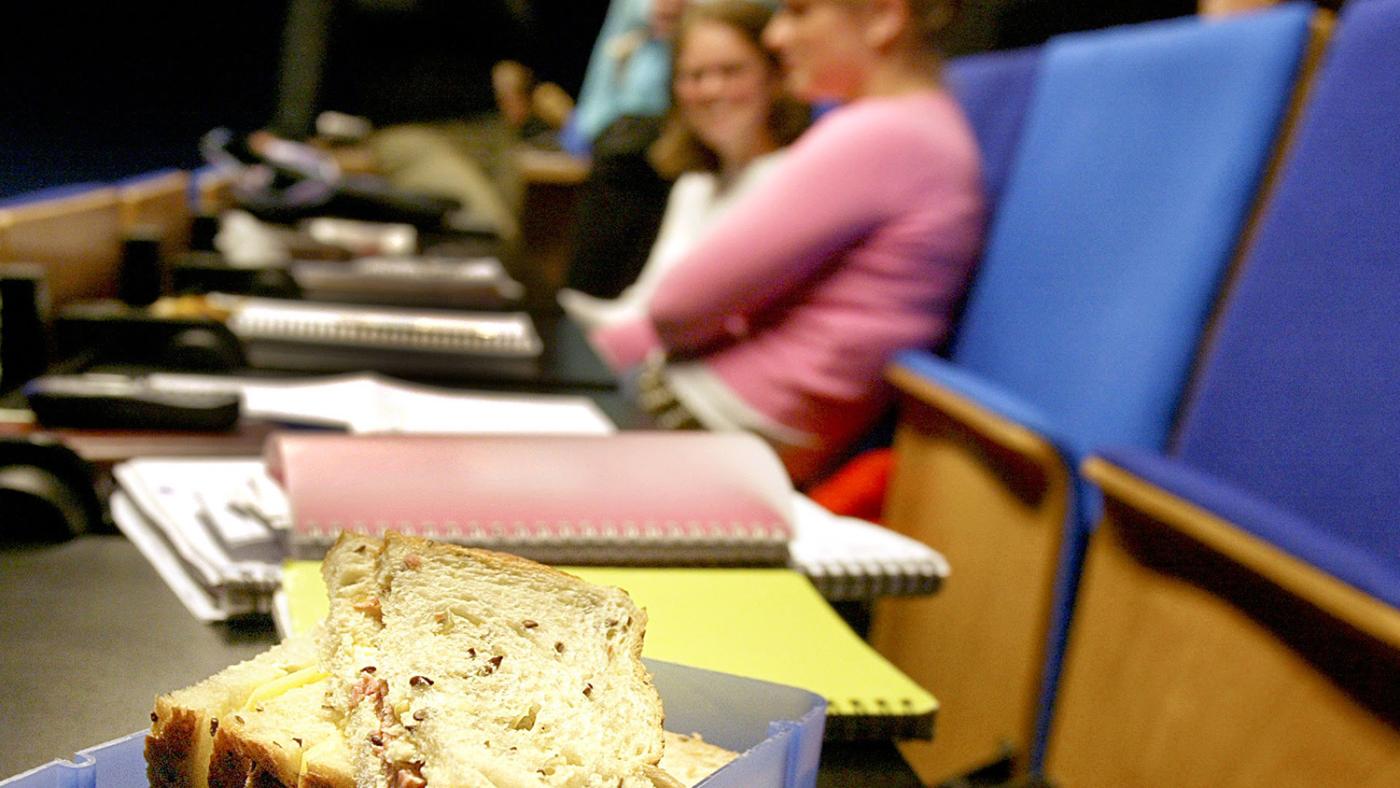
When Assistant Professor Lorena De Vita, a historian of International Relations, first joined UU in 2016, she was surprised to see Bachelor’s students chatting while she was teaching. “I had never had to assert my presence that way, and I remember asking a Dutch colleague about this. It was someone who had a lot of teaching experience. He said: ‘It’s a good thing they’re talking. It means they are alive!’ That was a huge perspective shift for me. I realised it was not about me.”
This was but one of many instances in which Teacher Award 2020 winner De Vita felt like she “did not understand the environment”. Knowing she wasn’t the only one, she organised three group sessions and two rounds of workshops for international staff at TAUU, UU’s teaching community, between 2021 and 2023. The participants included internationals from all faculties, who shared their experiences and hurdles. “They opened up about very vulnerable moments,” she says. The main takeaways from these sessions were gathered in a report unveiled earlier this year.
DUB spoke with De Vita and three other UU lecturers about their first teaching experiences in Utrecht: what surprised them at first and how did they adapt to this new culture? Their recollections paint a relatable picture for Dutch students. Now, the four teachers are not only used to their direct, outspoken students, but they have also learned to appreciate those characteristics and adapt their teaching style. They also have a couple of tips on how the Dutch system could benefit from international influences: more focused e-mail exchanges between students and teachers, for example.
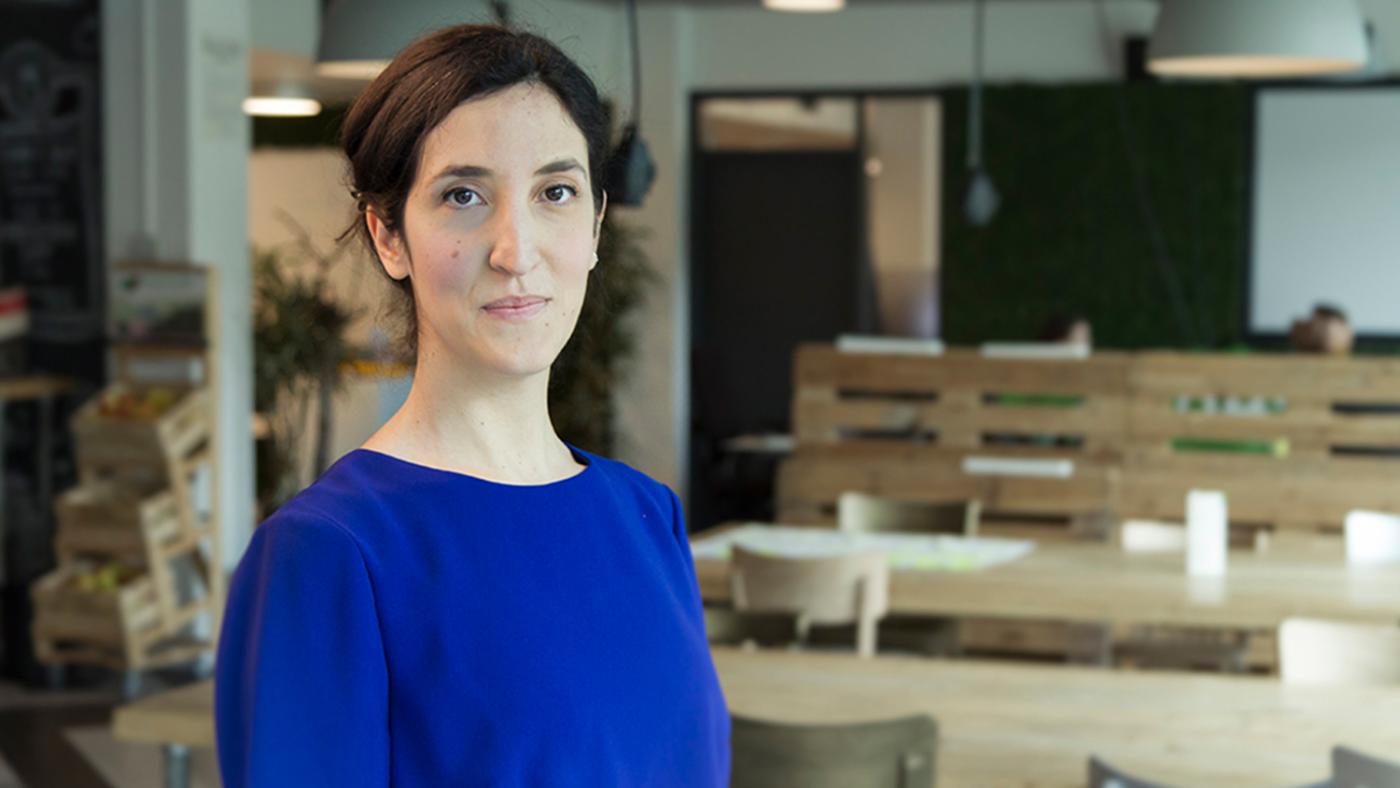
Lorena DeVita. Photo: Michiel Bles
Straightforward reactions
It’s been seventeen years since Adrien Melquiond, Assistant Professor in Bioinformatics at UMC’s Center for Molecular Medicine (CMM), moved from France to Utrecht, but he still remembers how “awkward” and “confronting” some interactions with students were for him at the beginning. The directness with which Dutch students ask questions, make remarks or disagree with teachers in class is the first thing mentioned by all international teachers approached for this article.
“Although the French are encouraged to share their opinions, the system is much more hierarchical. Students tend to see the teacher as the knowledgeable one and it is not common to express an opinion different than that of the teacher in class. As an international teacher, you have to accept that it’s nothing personal.”
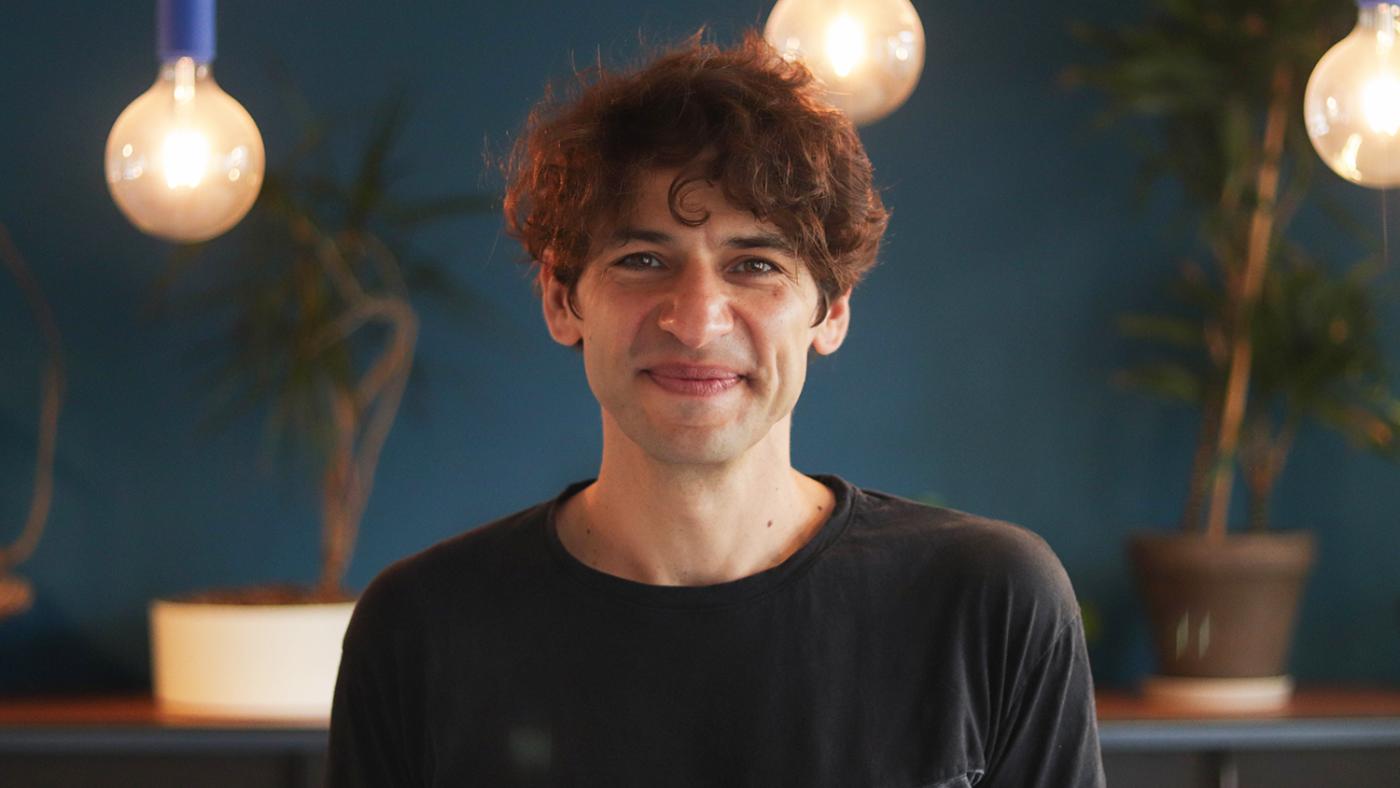
Adrien Melquiond Photo: UMC Utrecht
Milinda Hoo, Assistant Professor in Ancient History & Identity Formation, had a similar experience in Germany. “Interactive discussions are not only encouraged in the Netherlands, they are expected. The teacher is seen as someone who is there to facilitate discussions and guide students in their learning process, whereas in Germany, there is a clearer and stricter hierarchy between the student’s role and the teacher’s role.”
Hoo was born in the Netherlands and did both her Bachelor’s and Master’s at UU. She moved to Germany for her PhD and lived there for nine years, five of them teaching. She came back to Utrecht last September. Coming back was “a reverse culture shock” for her. “I grew up in this context, but my only teaching experience had been in Germany. My way of teaching wasn’t exactly German, as I also brought my Dutch directness to their context, often encouraging students to discuss more actively in class. But, over the years, I got used to the German student population, which is very different.”
According to her, German students don’t usually raise their hands unless they are sure the answer is right. “They need a little nudge to speak up.” Dutch students seem less afraid of making mistakes.
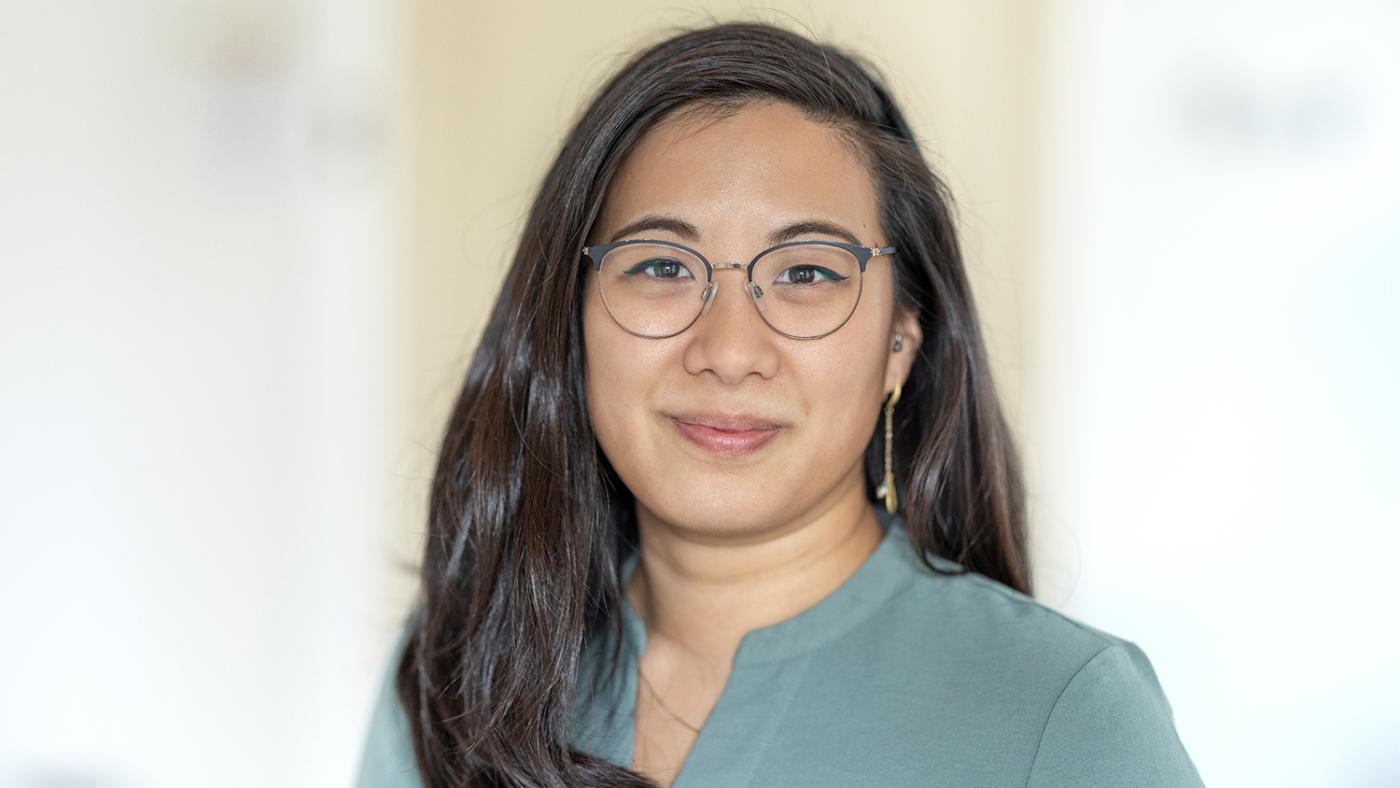
Milinda Hoo. Photo: Utrecht University
Back and forth
Dutch students are not only unafraid to speak up in class, they are also unafraid to question their grades. According to Hoo, this results in a significant time investment on the teacher’s part. In Germany, she had office hours but no extensive e-mail contact with the students. “Here, I spend a lot of time giving feedback and, in a few instances, I also had to spend lots of additional time communicating back and forth with students because they didn’t agree with their grades.”
“Sometimes, there is a lot of pushback and I feel as though I have to defend my expertise”, Hoo sighs. “That’s something I’d never experienced in Germany, where the teacher’s role is very clear. Teachers are those qualified to assess the students as they have the degrees to do it.” She says more students have questioned their grades in the ten months she has been teaching in Utrecht than in the five years she’s taught in Germany.
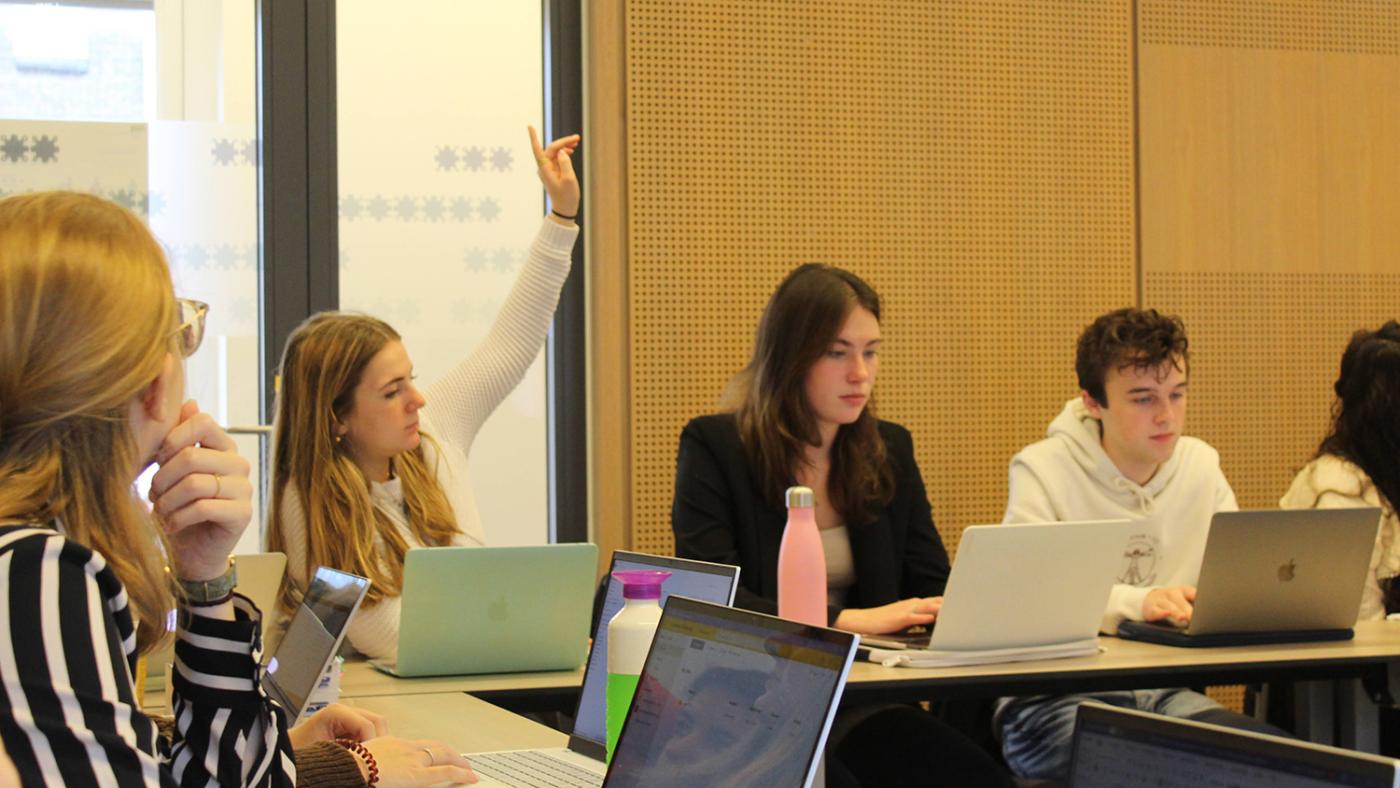
Photo: DUB
Özge Bilgili, Assistant Professor in Interdisciplinary Social Science, agrees that there is a lot of back-and-forth communication between students and teachers in Utrecht. “That’s because students are given many feedback moments as part of the learning process. There is an evidence-based assessment culture here. When I was a student in Turkey many years ago, I would only get a grade and that would be it, no further explanation was expected.”
The grading system itself also takes some getting used to. In some other countries, grades are a range and it is possible to obtain the highest or the lowest score. In Germany, for example, the grading system goes from 1.0 (highest) to 5.0 (lowest). “I’d say 1.0 would correspond to 8.8 and above in the Netherlands. Since grades in Germany are a range, I think I was slightly more lenient when grading, especially for oral exams where a 1.0 is exceptional but not exceedingly rare. Perhaps that’s why there are greater disappointments with grades here,” Hoo explains.
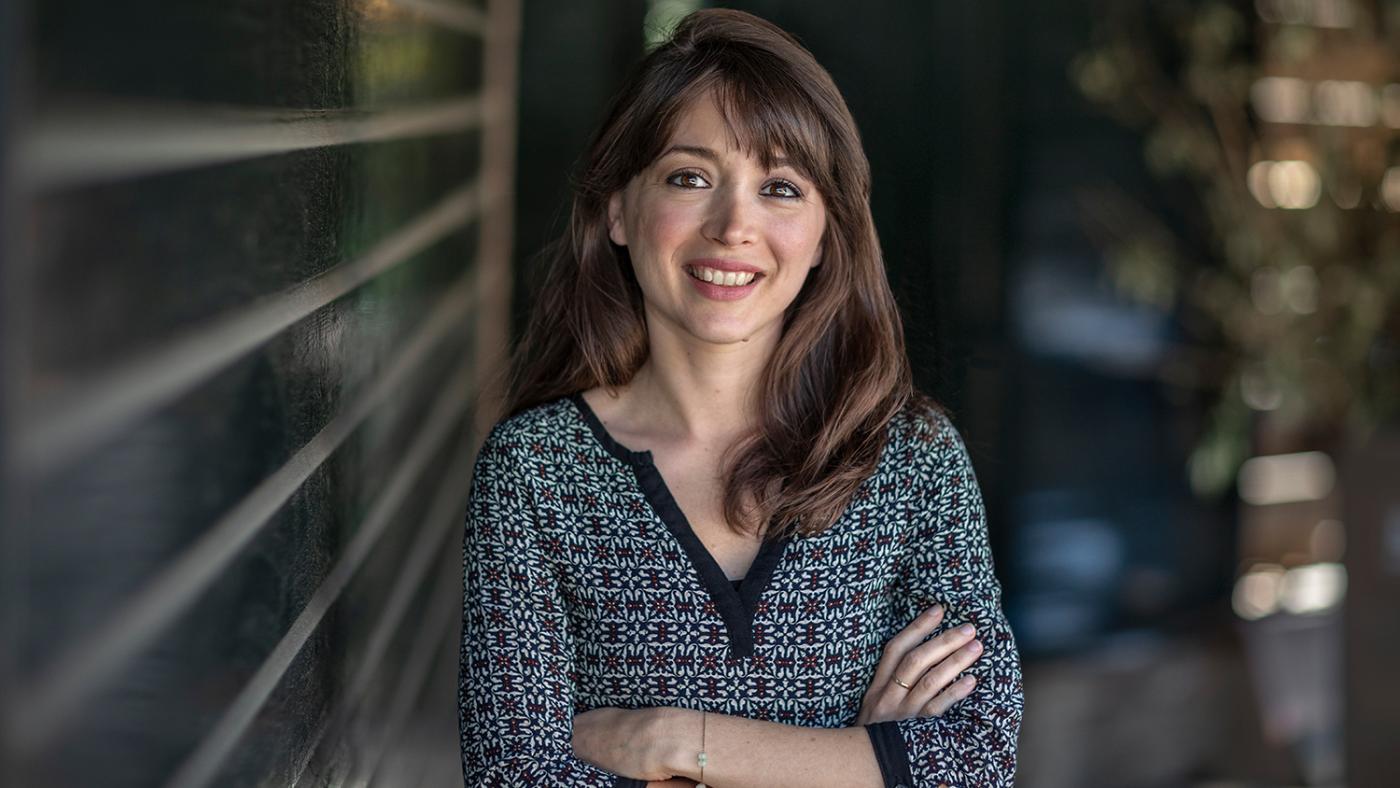
Özge Bilgili. Photo: Ed van Rijswijk, UU
A snack in class
International teachers are also sometimes thunderstruck by the freedoms students take in the classroom. When he first started teaching at UU, Melquiond was stunned to see a student eating a sandwich. “In France, this would have been seen as blasphemy! First, towards the food, because it means you're not paying attention to your meal, but also towards the teacher. It would be considered very disrespectful.”
In practical sessions, Melquiond has also seen students wearing headphones or earbuds, with or without music, when they want to focus – a behaviour he says has become more common after Covid. This would not be tolerated in France. “I think these attitudes stem from the Dutch academic culture, which I perceive as being very centred around the individual rather than the collective experience,” says Melquiond.
De Vita stresses that Bachelor’s students “demand a certain degree of socialisation”. Hoo makes a similar observation. “I have the impression that my students in the Netherlands are less motivated than those in Germany. I teach mandatory first-year courses here. In Germany, I taught electives for first-years as well as older students. Sometimes, it almost feels like teaching a high school class. Some students act like they’re forced to be there or give lousy excuses for missing class, like ‘I’m too hungover’.”
One thing that could influence students’ motivation, making them more connected with the teacher, is block duration. Courses are short in the Netherlands compared to many other countries: a block only lasts two and a half months, whereas elsewhere courses can last six months, for example. “This way, you really have the time to get to know your students and actively create a comfortable atmosphere in which everyone feels more relaxed,” says Hoo.
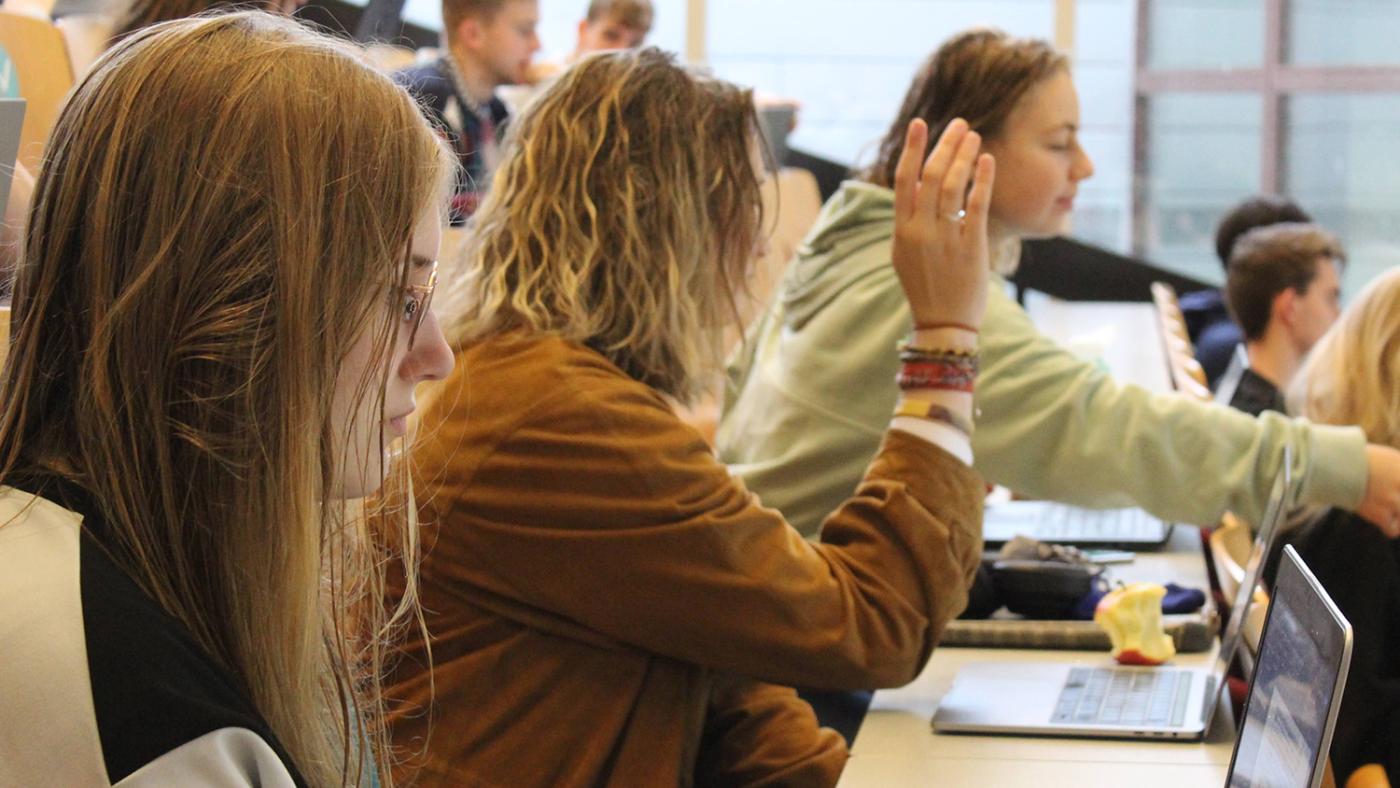
Photo: DUB
Adapting
Over time, international teachers adapt to the environment. Melquiond has devised a few solutions, such as clearly stating his expectations at the beginning of the course and doing a recap at the end of each class, just in case the students with headphones on missed anything. Hoo also starts her courses by stating what she expects from students. “In the Netherlands, I feel like the teacher has to set clear boundaries. If you’re not explicit about your expectations, those boundaries may become blurry.”
In her report for TAUU, De Vita stresses that having access to spaces where international teachers can exchange experiences helps in the adaptation process, as does a comprehensive introduction to the Dutch academic system and culture. Having a Dutch buddy in the first few months can also be of great help, adds Melquiond.
Some even go beyond mere adaptation and acquire a new perspective on things. De Vita says she wasn’t “prepared to how vocal students would be” at first, but now she “loves” it. “Everyone is glad to share their opinions, even though sometimes you see that they did not do the readings.”
Melquiond agrees: “Today, that bluntness is even something I explore in my teaching. I try to ignite discussions, teasing students a little,” he shares. He just wishes students would have been straightforward during a class he gave right after he moved here. “For this class, we were using a molecular viewing software called PyMOL. I’d been using that software in France for ten years and, there, we say ‘pee-mo’, not ‘pie-mo’. So, I just called it the way I was used to. I didn’t understand why students were laughing. Later, one of my colleagues told me that the Dutch word ‘piemel’, which means ‘penis’, is pronounced the same way.”